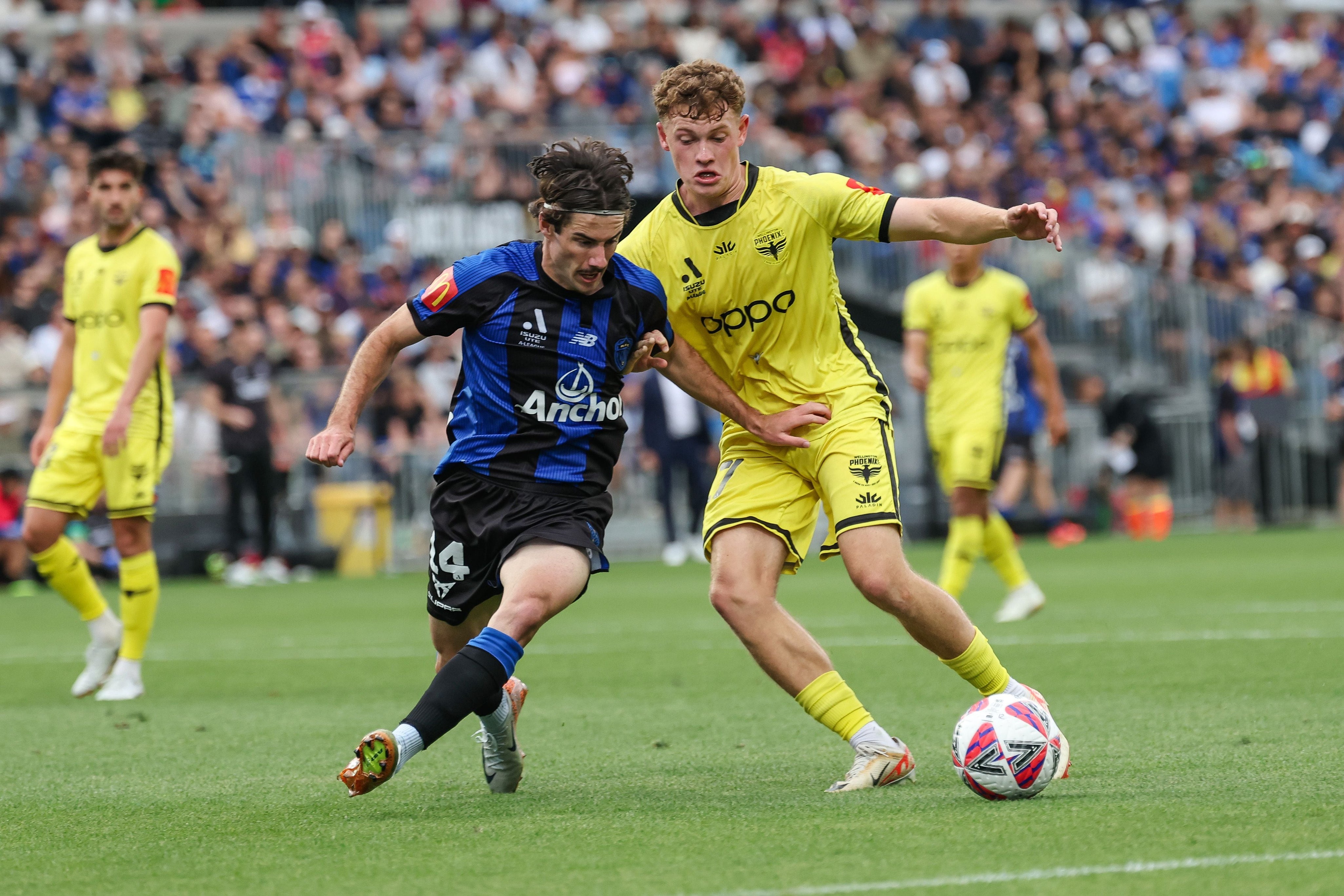The Rise of Professional Football in New Zealand

Despite being the world’s most popular sport, football struggled to find a permanent professional presence in Aotearoa. That changed with the arrival of the Wellington Phoenix in 2007 and, more recently, Auckland FC in 2024.
Early Struggles for Professional Football in NZ
New Zealand has a proud football history, with grassroots participation consistently strong, especially among juniors. Converting this passion into a professional pathway proved challenging.
New Zealand briefly had the New Zealand Knights, based in Auckland, as the country’s A-League club. Unfortunately, the Knights struggled on and off the pitch. Poor performances, limited fan engagement, and financial instability meant the team folded after just two seasons (2005 to 2007).
The Wellington Phoenix
When the Knights were removed from the A-League in 2007, it seemed New Zealand might lose its professional football foothold altogether. Instead, a licence was secured for a new Wellington-based team: The Wellington Phoenix FC.
The Phoenix immediately set out to do what the Knights could not:
- Engage local fans with smart marketing and a community-first approach.
- Create a fortress in Wellington, with matches played at Sky Stadium (then Westpac Stadium).
- Attract quality players, both Kiwi internationals and overseas stars.
The yellow-and-black kit, inspired by Wellington’s colours, became iconic. The Phoenix fan group, the Yellow Fever, established one of the most passionate supporter bases in the A-League.

Phoenix Highlights
Over nearly two decades, the Phoenix have established themselves as a competitive and respected A-League side. Some of their defining moments include:
- Finals appearances: Regular trips to the A-League playoffs, punching above their weight against bigger-budget Australian clubs.
- Kiwi talent pipeline: Providing a crucial pathway for New Zealand players, from All Whites veterans to emerging stars like Liberato Cacace and Sarpreet Singh.
- Community presence: Grassroots engagement, school visits, and hosting matches in other NZ cities have helped grow football’s profile nationwide.
The Phoenix have shown that professional football can thrive in New Zealand with the right mix of leadership, vision, and community support.

Why the Phoenix Matter
Without the Phoenix, it’s hard to imagine New Zealand football being where it is today. They have:
- Kept a NZ club presence in the A-League, giving Kiwi players exposure to regular professional competition.
- Provided a home base for the All Whites’ player pool, making international football more sustainable.
- Inspired a generation of fans who grew up with the Phoenix as “their” club.
Even with all their successes, the Phoenix could never carry the whole weight of NZ football alone. One club was not enough to meet demand or to fully unlock the country’s potential.

Auckland FC
In 2024, New Zealand finally welcomed its second professional football club: Auckland FC.
Auckland, with its larger population, had always been the logical location for a second club.
Grassroots football is booming in the city, but until 2024, there was no professional club for fans to call their own. The failure of the NZ Knights left scars, but Auckland FC has been built on a much firmer foundation.

The Auckland FC Identity
Auckland FC’s branding, kit, and player recruitment all reflect the city’s modern, diverse identity. The club plays its home matches at Mt Smart Stadium (Go Media Stadium), already an iconic venue thanks to the NZ Warriors in the NRL.
By sharing such a stage, Auckland FC has tapped into Auckland’s sporting culture while carving out its own loyal supporter base.

What Two NZ Clubs Mean for Football
The introduction of Auckland FC alongside the Wellington Phoenix is a game-changer for New Zealand football:
- A real derby: For the first time, fans have their own domestic A-League derby. Early clashes have already shown the potential for a fierce rivalry.
- More pathways for Kiwi players: Twice the number of professional contracts means more opportunities for local talent.
- Increased visibility: Two clubs generate more headlines, more sponsorship opportunities, and more TV coverage.
- Stronger All Whites: With more players competing week-in, week-out at the professional level, the national team will benefit.

Looking to the Future
The introduction of the Wellington Phoenix saved professional football in New Zealand when it was on the brink. Now, the arrival of Auckland FC in 2024 has taken the game to a whole new level.
Together, these two clubs symbolise hope, growth, and ambition. They will inspire the next generation, give fans unforgettable derby nights, and strengthen New Zealand’s standing in world football.

0 comments




